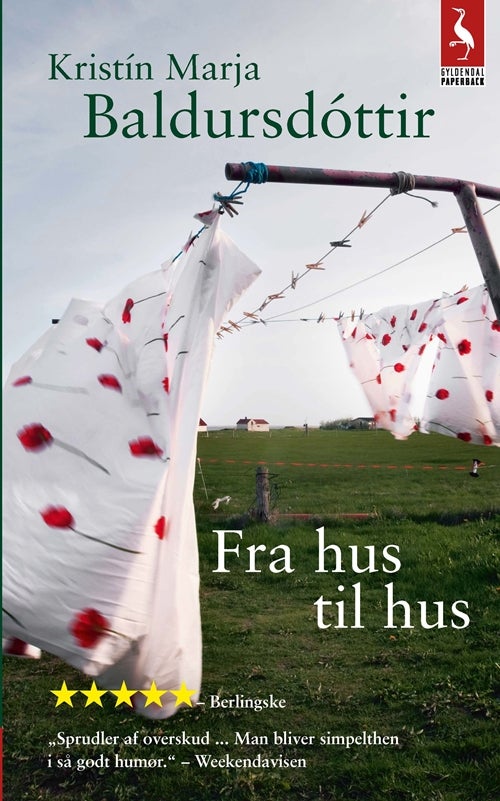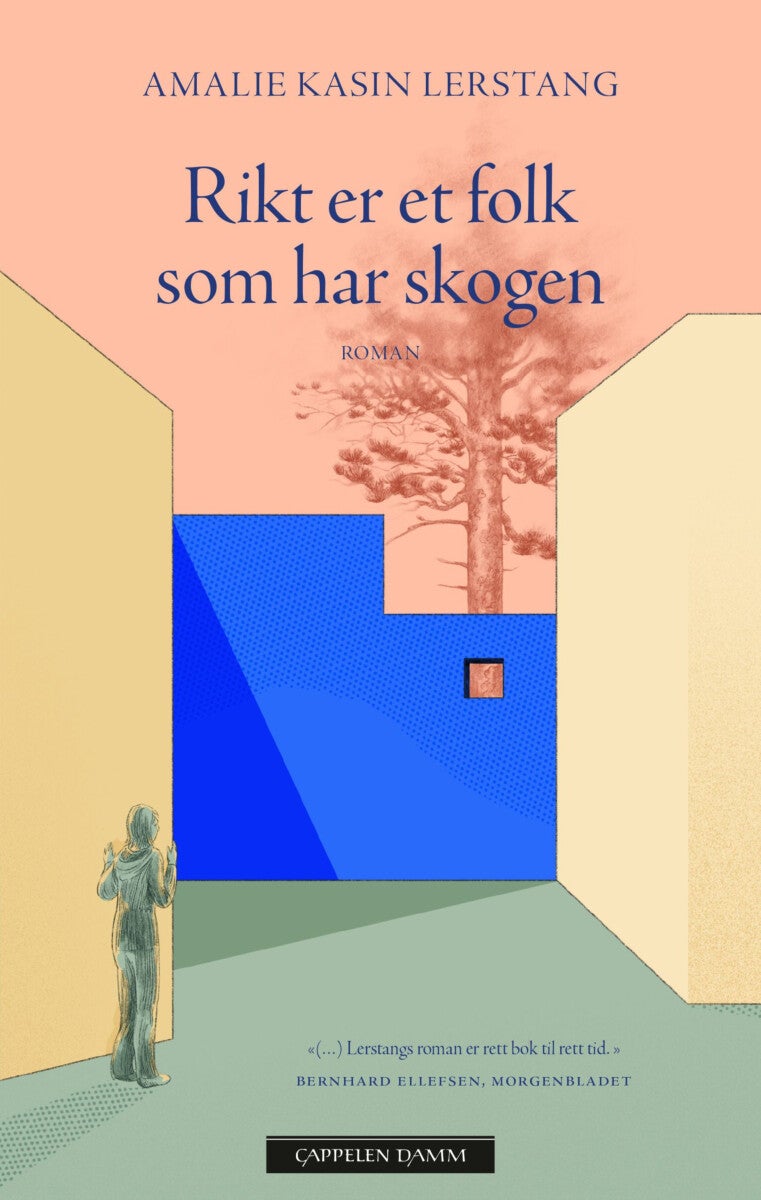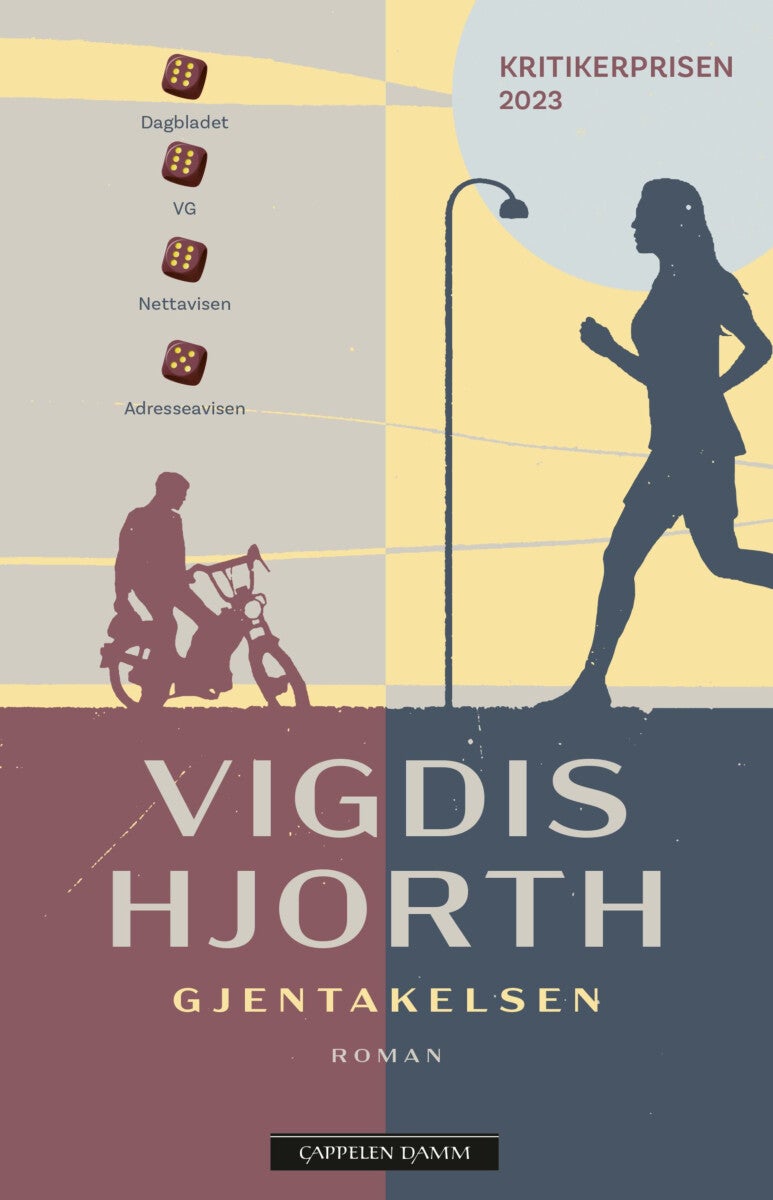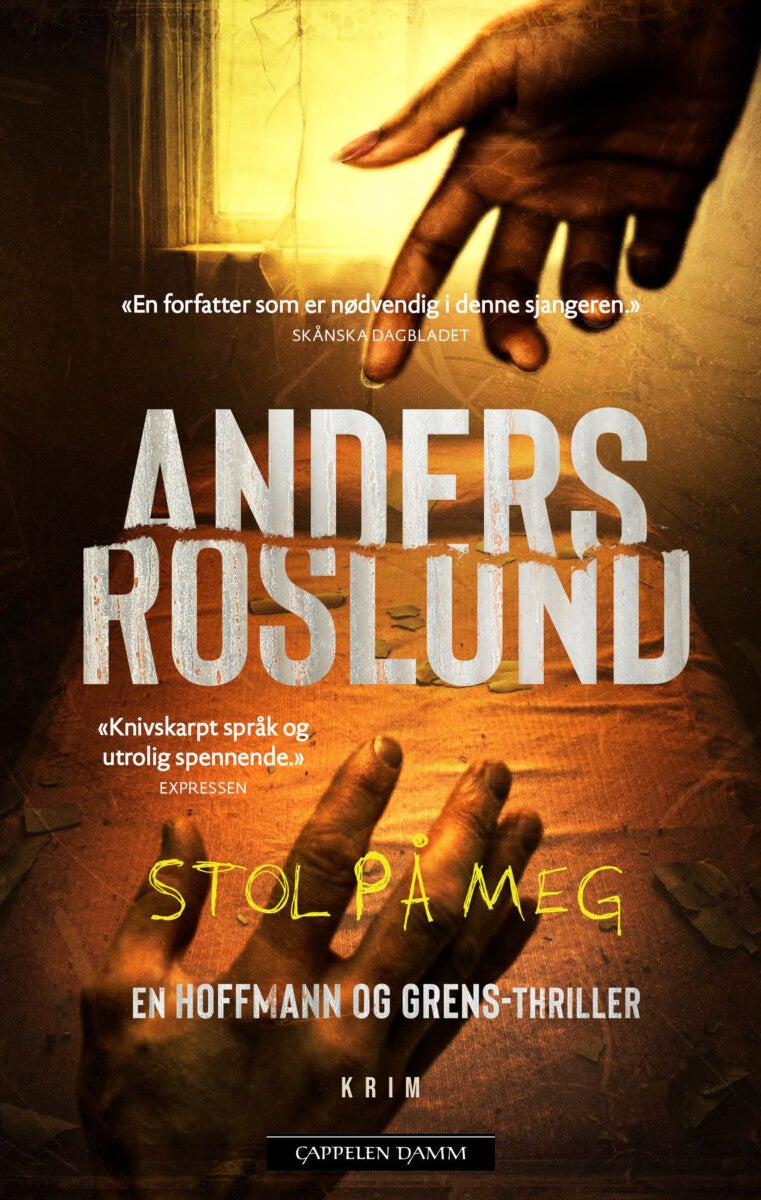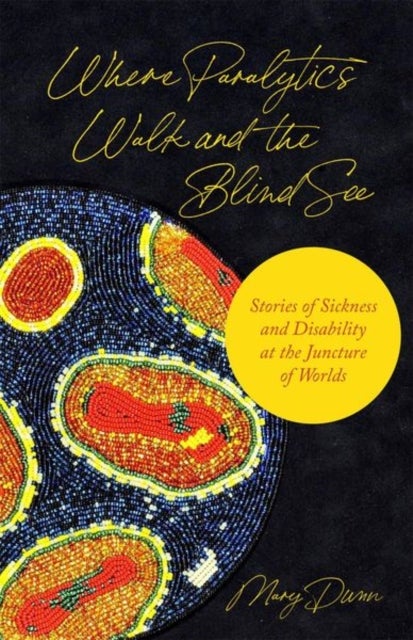
Where Paralytics Walk and the Blind See av Mary Dunn
399,-
<p><b>An exploration of early modern accounts of sickness and disability¿and what they tell us about our own approach to bodily difference</b><br><br>In our age of biomedicine, society often treats sickness and disability as problems in need of solution. Phenomena of embodied difference, however, have not always been seen in terms of lack and loss. <i>Where Paralytics Walk and the Blind See</i> explores the case of early modern Catholic Canada under French rule and shows it to be a period rich with alternative understandings of infirmity, disease, and death. Counternarratives to our contemporary assumptions, these early modern stories invite us to creatively imagine ways of living meaningfully with embodied difference today.<br><br>At the heart of Dunn¿s account are a range of historical sources: Jesuit stories of illness in New France, an account of Canada¿s first hospital, the hagiographic vita of Catherine de Saint-Augustin, and tales of miraculous healings wrought by a dead Francis

